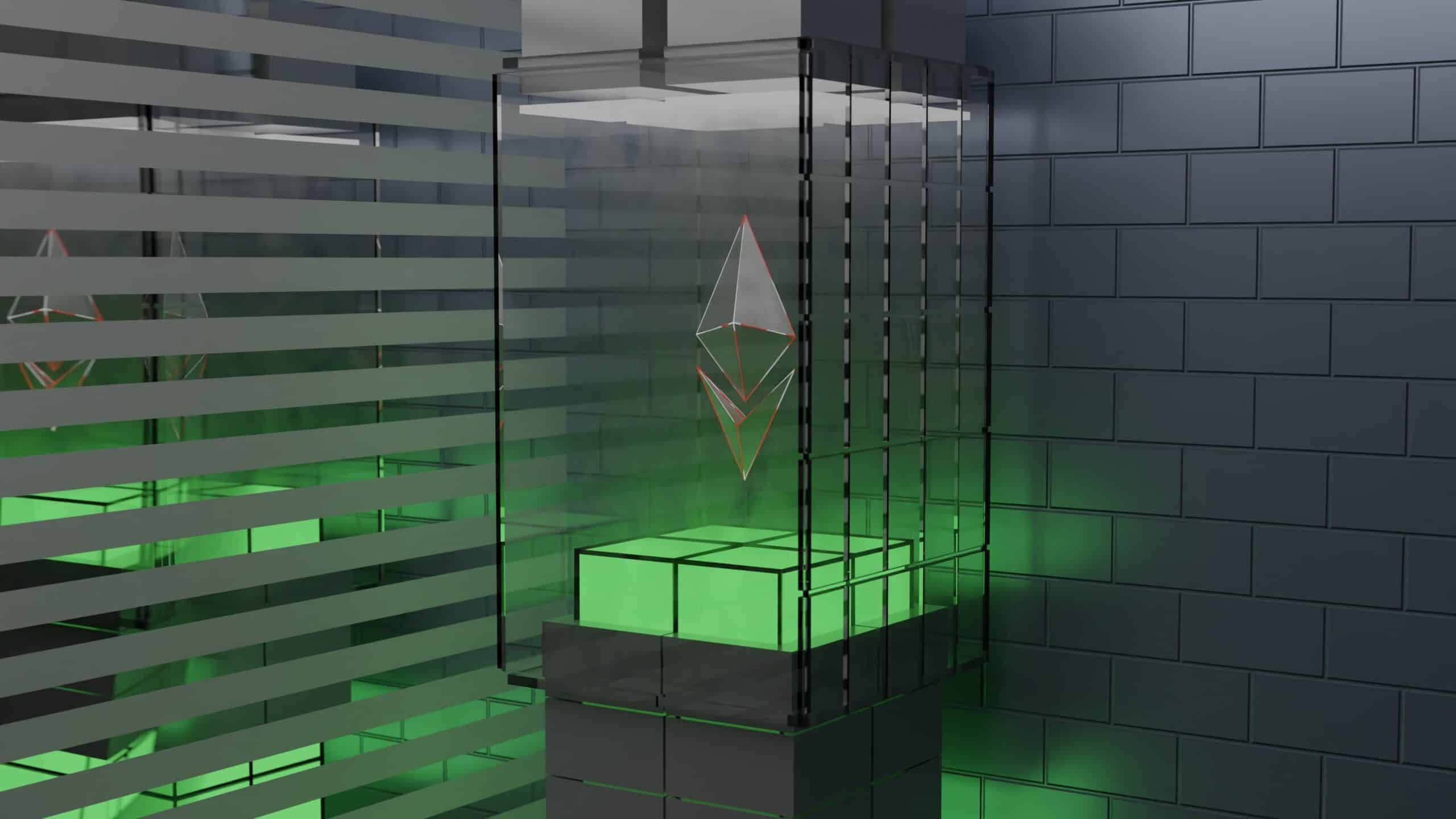Dencun will be the next major network upgrade after Shapella, and has the potential to lower transaction costs on Ethereum.
In a blog post published this week, Ethereum core developer Tim Beiko revealed the next set of major Ethereum Improvement Proposals (EIP) that have been tentatively included in the Dencun upgrade.
Dencun, a term coined by a combination of the star Deneb and Mexican city Cancun, follows a similar naming convention to Shapella, which was named after the Chinese city Shanghai and northern-constellation star Capella.
The upgrade will focus on bringing improvements and changes to Ethereum’s execution layer through four EIPs that have been decided upon so far. Just like most of the attention in the Shapella upgrade was centered around EIP-4895, which enabled validator withdrawals from the Beacon Chain, the focus of this upgrade will likely be EIP-4844, otherwise known as “Proto-Danksharding” or “The Surge.”
This EIP will introduce temporary “data blobs” to the Ethereum network, which Layer 2 networks can use to post the transaction/proof data currently stored elsewhere. The fact that blobs are store ephemerally means that gas costs will be significantly lower, which will lead to much cheaper Layer 2 transactions, explained Beiko.
“While not quite as big as The Merge, EIP-4844 is a significant change to Ethereum: it introduces a whole new data layer to the network, which both the current consensus and execution layers must interact with,” he said.
Introducing EIP-4844 will also mean there is less room for other changes to the network, but developers have still included three other EIPs alongside it. These include EIP-1153, which improves blockspace availability, EIP-6475, that makes transaction formats forward-compatible, and EIP-6780, which deactivates the code used to terminate a smart contract.
Beiko did not specify when this upgrade would be deployed, but said that the next update on Dencun’s finalized scope would likely be the first testnet fork announcement.



